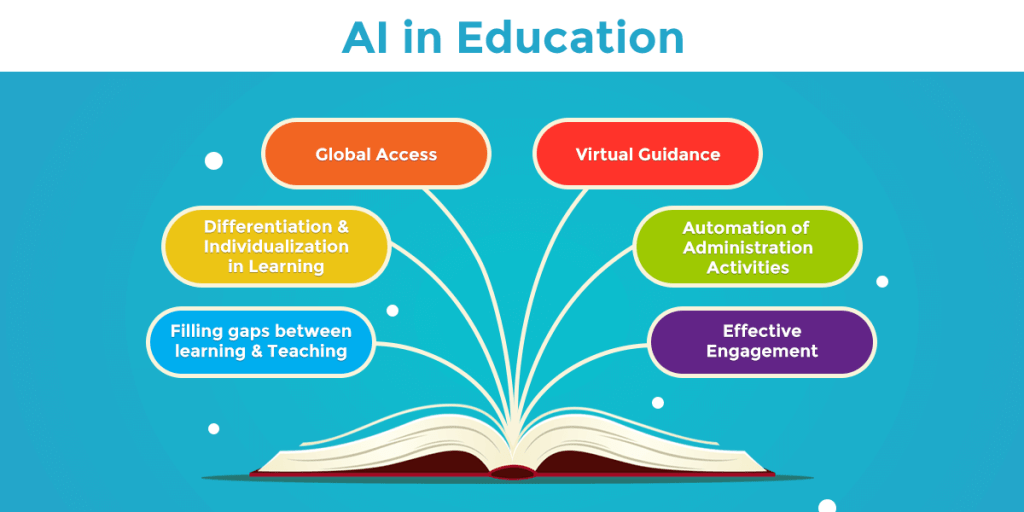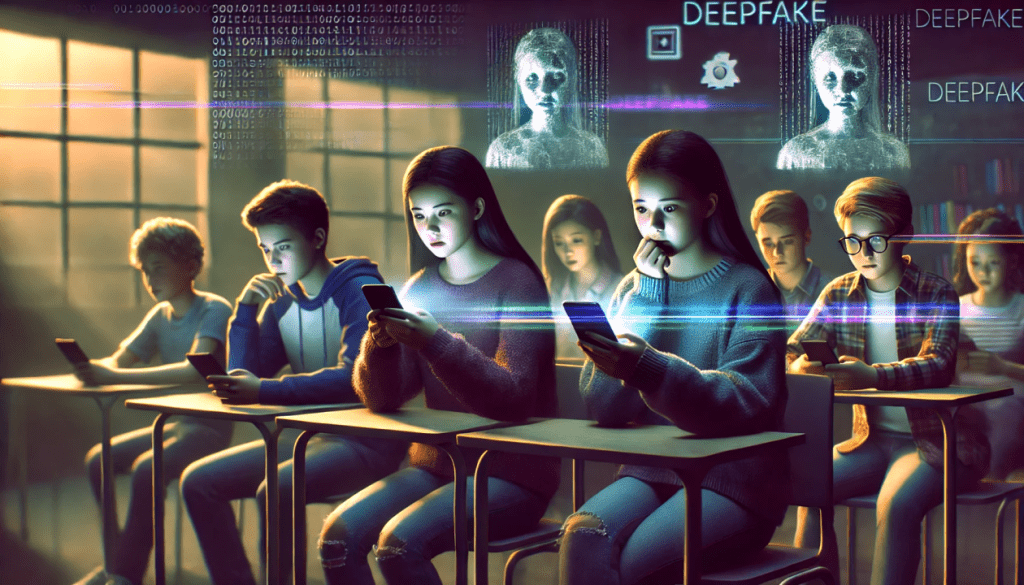Artificial Intelligence (AI) is revolutionizing education by offering new ways to teach, learn, and manage academic environments. However, its implementation raises both opportunities and challenges that must be carefully considered.
Opportunities in Education

- Personalized Learning
- AI enables adaptive learning platforms that tailor educational content to individual students’ needs, pacing, and learning styles.
- Students can receive instant feedback, helping them correct mistakes and reinforce understanding in real time.
- Accessibility and Inclusion
- AI tools, such as speech-to-text and text-to-speech applications, support students with disabilities.
- Translation tools break language barriers, allowing non-native speakers to access educational content.
- Efficient Administration
- Automating routine tasks like grading and attendance tracking reduces the administrative burden on educators.
- AI-powered data analysis can identify trends in student performance, aiding intervention and curriculum planning.
- Enhanced Assessments
- AI can develop and evaluate complex assessments, focusing on higher-order thinking skills rather than rote memorization.
Challenges and Concerns

- Bias in Algorithms
- AI systems are only as unbiased as the data and programming they rely on.
- Historical inequalities in data can perpetuate stereotypes, affecting educational equity.
- Student Data Privacy
- AI relies on vast amounts of data, raising concerns about the security of sensitive student information.
- Unauthorized access or misuse of data could have long-term consequences for students’ privacy.
- Equitable Access
- Not all schools have the financial resources or infrastructure to adopt AI, creating a “digital divide.”
- Students in underserved communities may miss out on AI’s benefits, exacerbating existing educational inequalities.
- Dependency on Technology
- Over-reliance on AI might reduce critical thinking and problem-solving skills if students overly depend on automated assistance.
- Teachers must strike a balance between using AI as a tool and maintaining their unique, human contributions to education.
Potential to Shape Educational Content and Assessments

- Curriculum Development
- AI can analyze data from millions of students to refine and suggest curriculum improvements.
- Content customization can address diverse educational standards across regions.
- Assessment Innovations
- AI-powered tools allow for formative assessments that adjust in difficulty based on student responses.
- Open-ended and creative tasks, traditionally harder to grade, are now more feasible with AI.
Moving Forward: Responsible AI in Education

To maximize the benefits while mitigating risks, schools and policymakers must:
- Establish Ethical Frameworks: Guidelines for the ethical use of AI in education.
- Promote Data Security: Implement robust protections for student data.
- Ensure Inclusivity: Provide equitable access to AI tools for all students.
- Train Educators: Equip teachers with the skills to effectively integrate AI into their classrooms.
AI has immense potential to enhance learning, but it requires careful consideration of ethical, social, and economic implications. The future of education depends on how thoughtfully we adopt and adapt AI technologies.



Leave a Reply